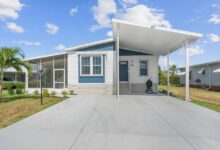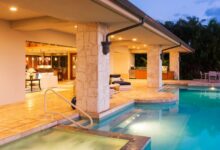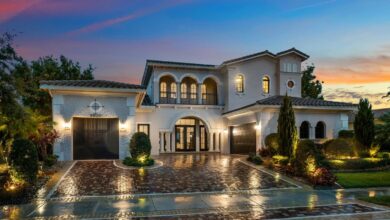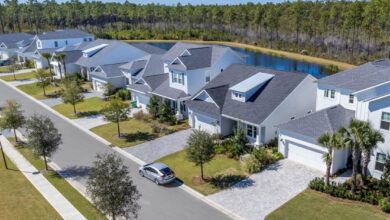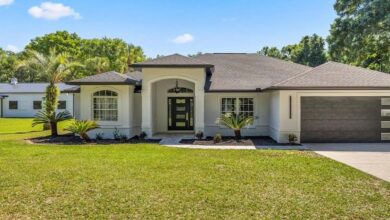Homes Mobile Homes
Mobile homes, also known as manufactured homes, are residential structures that are designed to be transported to a specific location. Unlike traditional homes built on-site, these homes are constructed in factories and then moved to designated locations. As a result, they offer a more affordable housing alternative compared to conventional real estate options.
In recent years, mobile homes have gained popularity due to their cost-effectiveness, customization options, and mobility. These homes can be either rented or purchased, and they come in various sizes and styles to meet diverse needs. Whether you’re looking for a permanent residence or a temporary solution, understanding mobile homes is essential to making an informed decision.
The Growing Popularity of Mobile Homes
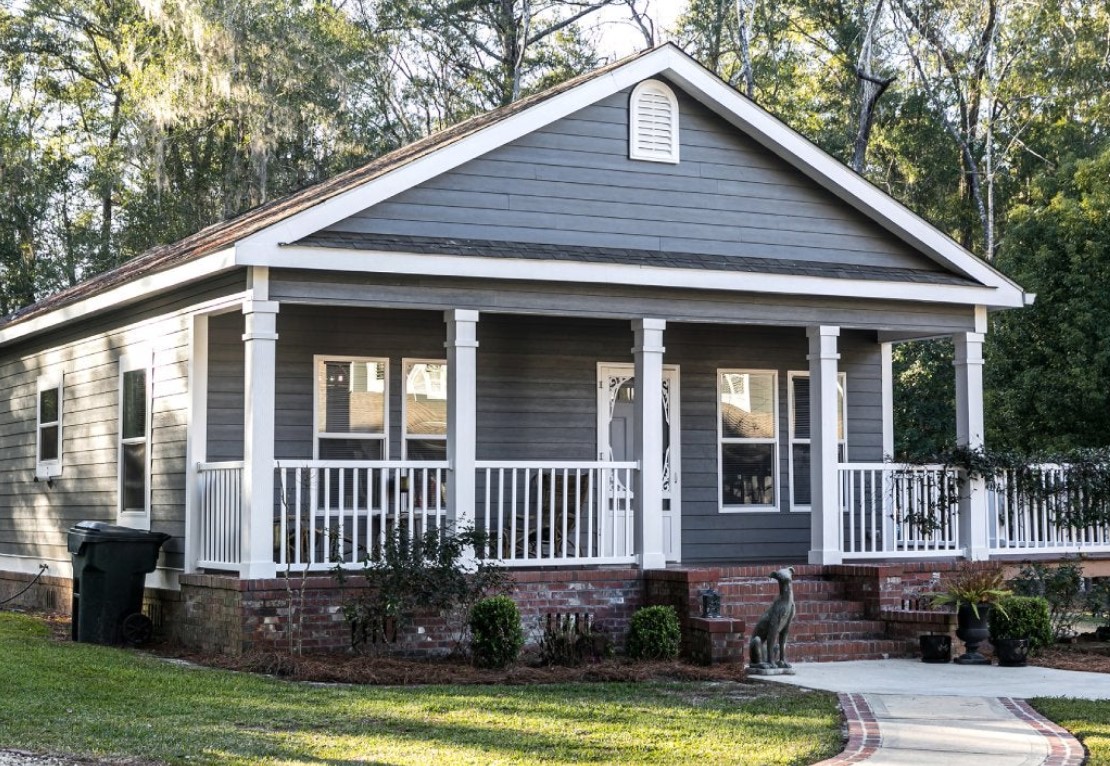
Over the last few decades, mobile homes have evolved significantly, offering better construction standards, design options, and features. They are often seen as a more affordable alternative to traditional homes, especially for those seeking a first home or a budget-friendly option in a high-cost market.
Additionally, with the rise in the demand for sustainable living, mobile homes are increasingly regarded as eco-friendly choices. Their smaller size typically means a reduced environmental footprint, and modern models often include energy-efficient features like solar panels and high-quality insulation.
Types of Homes Mobile Homes
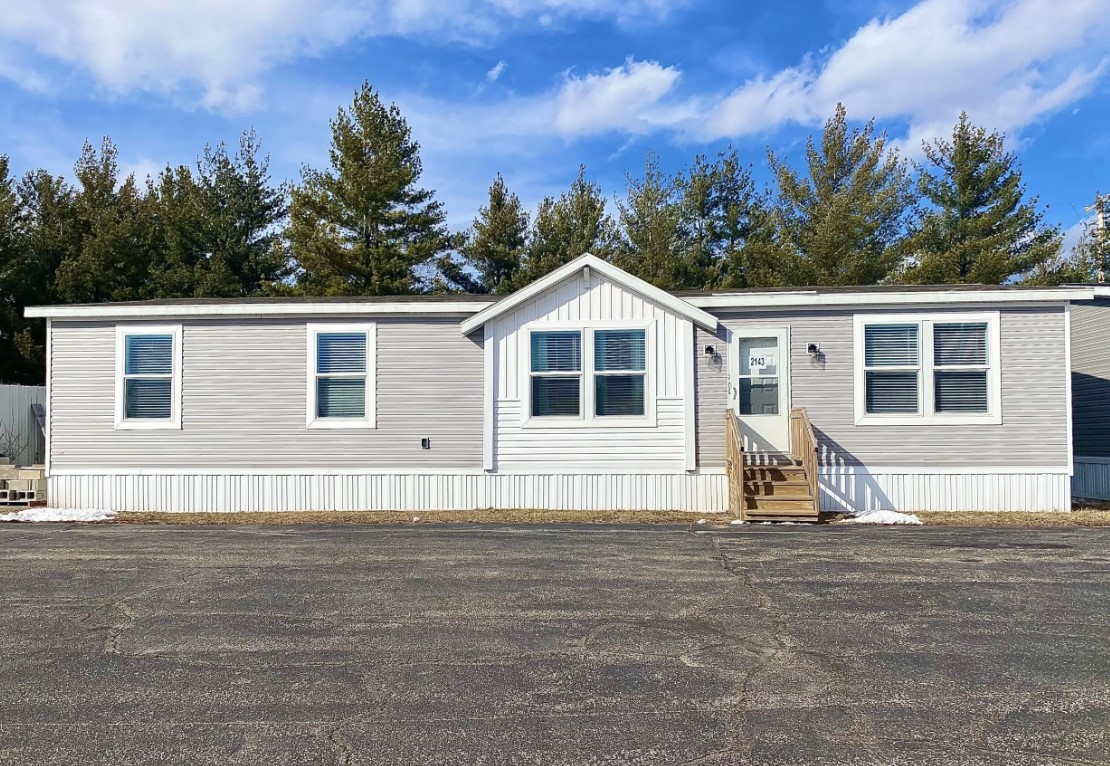
Single-Wide Mobile Homes
Single-wide mobile homes are the most compact type of mobile home. These homes typically feature one long, narrow structure that is delivered in a single section. They are ideal for individuals or couples who want a more affordable living solution and are perfect for smaller plots of land.
- Benefits: Easy to transport, lower initial cost, smaller space for fewer occupants
- Ideal for: Single people or couples, smaller families, limited land availability
Double-Wide Mobile Homes
Double-wide mobile homes consist of two separate sections that are joined together once placed at the desired location. These homes offer much more space than single-wide models, with multiple bedrooms, larger kitchens, and more extensive living areas.
- Benefits: More space for larger families, more room for customization, better resale value
- Ideal for: Larger families, those who desire more space, or those who intend to stay for an extended period
Triple-Wide Mobile Homes
Triple-wide mobile homes are even larger than double-wide models, with three sections joined together. These homes are often more akin to traditional site-built homes in terms of layout and square footage. They provide ample space for large families or those looking for luxurious mobile home options.
- Benefits: Extremely spacious, custom floor plans, high-end features
- Ideal for: Large families, people looking for luxurious mobile homes
Key Features of Homes Mobile Homes
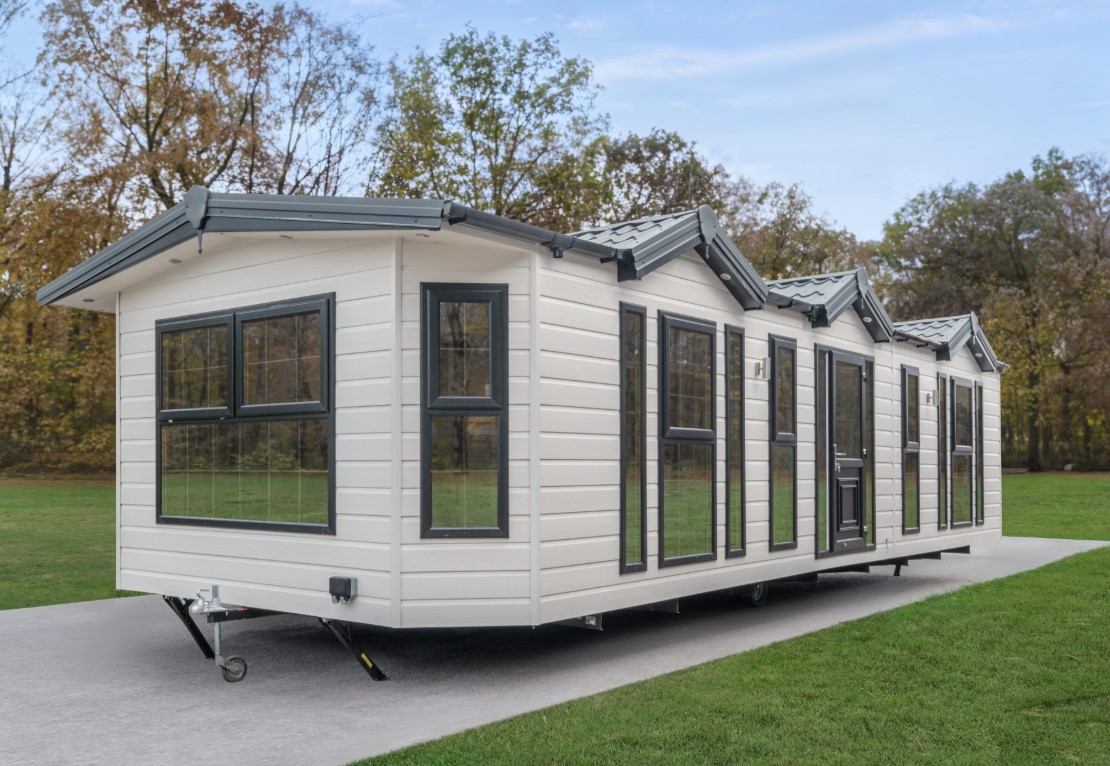
Affordable Pricing
One of the primary reasons people opt for mobile homes is their lower cost compared to traditional homes. Prices vary based on size, location, and features, but generally, mobile homes are significantly less expensive than brick-and-mortar houses. For those seeking homes mobile homes for sale or homes mobile homes for rent, affordability is a major factor in the decision-making process.
Customization Options
Mobile homes can be highly customized to fit your needs. From selecting different floor plans and layouts to choosing interior features such as cabinetry, flooring, and fixtures, these homes can be tailored to your lifestyle. This is a key benefit for people who want a personalized living space without the hefty price tag of traditional homes.
Energy Efficiency
Modern mobile homes are designed to be energy-efficient, with high-quality insulation, energy-efficient windows, and appliances. Many newer models include solar panels or are designed to accommodate them, making them an eco-friendly choice for those interested in sustainable living.
Real World Mobile Homes You Should Know
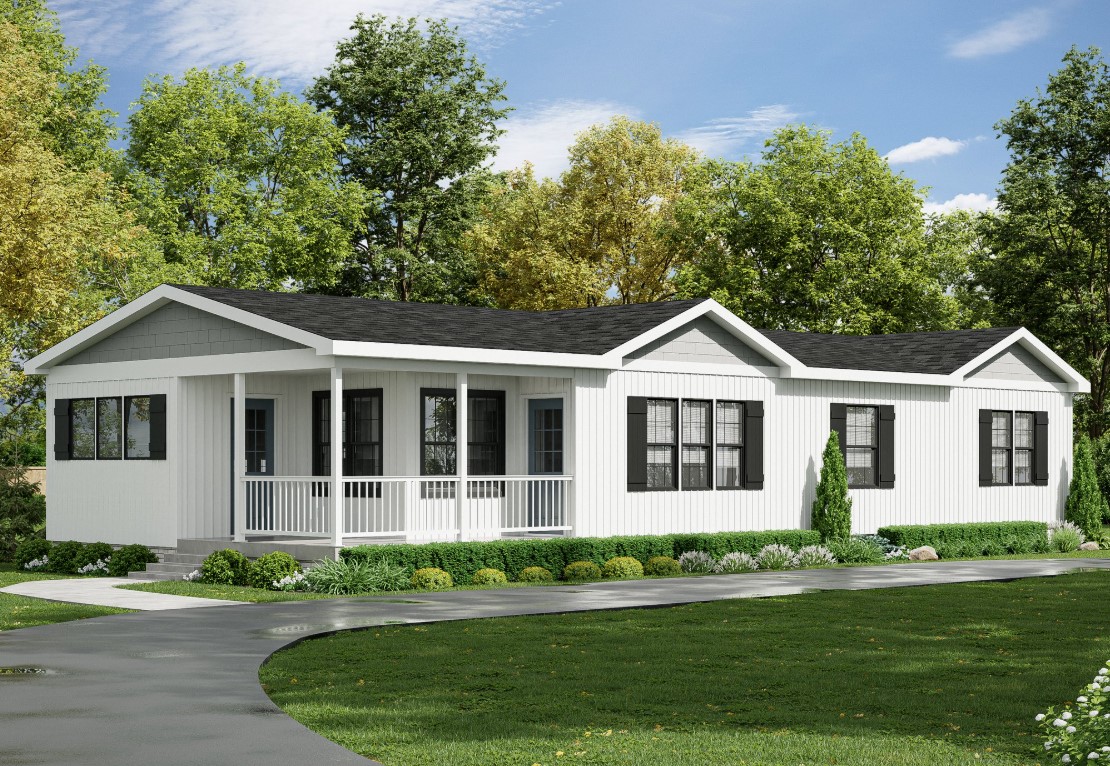
1. Clayton Homes – TruMH Series
Clayton Homes is one of the most reputable manufacturers of mobile homes, offering a range of affordable and customizable options. The TruMH Series offers both single and double-wide homes that can be tailored to fit your needs.
- Features: Various floor plans, energy-efficient construction, durable materials, multiple interior designs
- Pros: Affordable, customizable, widely available
- Cons: May lack luxury finishes compared to other brands
- Price Range: $40,000 – $90,000 depending on size and customization options
- Best for: Those seeking an affordable, customizable, and energy-efficient mobile home
Buy it here: Clayton Homes TruMH
2. Skyline Homes – Crest Series
Skyline Homes has been a trusted name in the mobile home industry for decades. Their Crest Series is known for its spacious layouts, modern designs, and high-quality construction.
- Features: Spacious living areas, modern kitchen, energy-efficient appliances, upgraded finishes
- Pros: Luxurious interior, larger floor plans, durable construction
- Cons: Higher price point compared to basic models
- Price Range: $70,000 – $120,000
- Best for: Families looking for more space and higher-end finishes
Buy it here: Skyline Homes Crest Series
3. Champion Home Builders – Southern Energy Series
Champion Home Builders offers a variety of mobile homes that balance affordability and style. The Southern Energy Series is popular for its traditional look and high functionality.
- Features: Full kitchen, large bedrooms, built-in storage, efficient insulation
- Pros: Affordable, functional design, solid construction
- Cons: Limited customization options
- Price Range: $50,000 – $80,000
- Best for: Budget-conscious buyers who want a practical home without excessive frills
Buy it here: Champion Southern Energy Homes
Benefits of Homes Mobile Homes
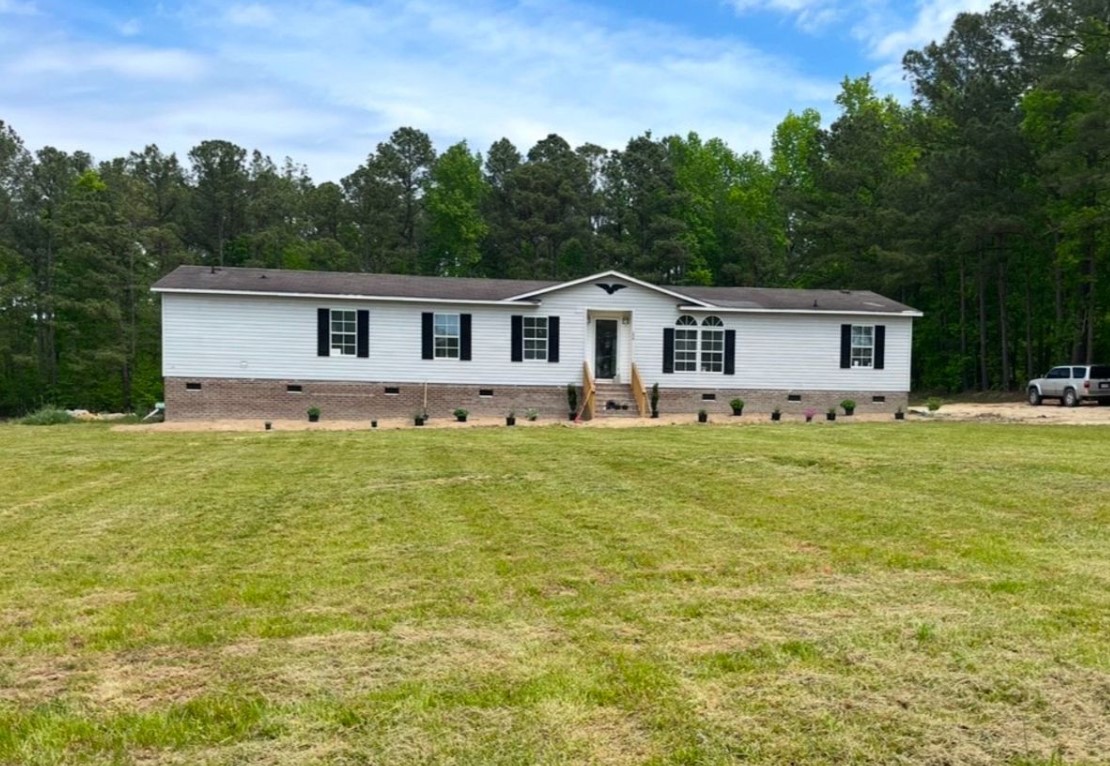
Mobile homes are increasingly recognized for their many benefits, offering affordability, flexibility, and sustainability. Whether you’re looking to purchase a permanent residence, a second home, or simply considering renting, mobile homes present a unique solution. Below, we’ll explore in-depth the primary advantages of mobile homes and how they can provide a great living option for many.
1. Cost-Effective Housing Solution
Perhaps the most obvious and significant benefit of mobile homes is their affordability. Homes mobile homes for sale typically cost much less than traditional homes, making them an appealing option for those on a budget. Whether you’re a first-time homebuyer or someone looking to downsize, mobile homes can be a viable option that doesn’t break the bank.
- Lower Initial Purchase Price: Compared to traditional homes, mobile homes are generally much cheaper to buy. A new single-wide mobile home typically costs between $30,000 to $60,000, while double-wide models range from $60,000 to $120,000. In contrast, purchasing a standard home in many areas can cost hundreds of thousands of dollars, often requiring substantial mortgages.
- Affordable Monthly Payments: With lower home prices, monthly payments for mobile homes are also typically much more affordable than those of traditional homes. Many buyers can secure lower-interest loans for mobile homes, making the financing process easier.
- Lower Property Taxes: Mobile homes are often taxed at a lower rate than traditional homes. This can result in significant savings for the homeowner. Depending on your location, property taxes for mobile homes can be as much as 50% lower than that of a traditional house.
- Reduced Utility Bills: Mobile homes are often more energy-efficient than conventional houses. With modern construction methods and the use of insulated materials, they typically require less energy for heating and cooling. This translates into lower utility bills, making the cost of living in a mobile home even more affordable.
In summary, mobile homes provide a budget-friendly housing solution, especially for individuals or families who may not have the financial resources for a traditional brick-and-mortar home. They offer significant savings on both the initial investment and ongoing living expenses.
2. Flexibility and Mobility
Another significant benefit of mobile homes is their inherent mobility. Unlike traditional homes that are permanently fixed to the land, mobile homes are designed to be relocated. This flexibility offers various lifestyle advantages for those who might need or desire to move.
- Ease of Relocation: If you purchase land or own a mobile home in a mobile home park, you can choose to move your mobile home to a different location if needed. This is particularly useful if your job requires relocation or if you simply want a change of scenery. While moving a mobile home does involve costs, it remains far easier and less expensive than relocating a traditional home.
- Ideal for Temporary Living: For those who are not looking for a permanent residence, mobile homes can serve as excellent short- or medium-term living spaces. If you plan to live in a particular location for only a few years before moving on to another area, a mobile home gives you the ability to do so without committing to long-term real estate investments.
- Perfect for Seasonal Living: Mobile homes are also popular choices for seasonal living. Snowbirds who migrate between warmer and colder climates, for example, often use mobile homes as a way to own a comfortable and affordable second home. Once the season changes, they can move their mobile home or opt to rent a mobile home in the new location.
The ability to relocate provides a level of flexibility that traditional homes simply cannot offer. This makes mobile homes an appealing option for people who want more freedom in where they live.
3. Minimal Environmental Impact
With growing concerns about climate change and sustainability, many people are now considering the environmental impact of their housing choices. Mobile homes, particularly newer models, can be a more sustainable option compared to traditional homes.
- Smaller Footprint: Mobile homes typically have a smaller physical footprint than traditional houses, resulting in less land being used for construction. This can contribute to preserving more green space and reducing urban sprawl. For individuals who want to live with less environmental impact, a mobile home is a great alternative.
- Energy Efficiency: Today’s mobile homes are built with better insulation, energy-efficient windows, and appliances. These features help minimize the amount of energy required to heat and cool the home. As a result, mobile homes often consume less electricity, lowering both utility bills and the carbon footprint of the home.
- Solar Power and Other Green Features: Many modern mobile homes are designed to be compatible with solar panels and other green technologies. Some homes come pre-equipped with solar panels, which can help reduce reliance on non-renewable energy sources. This aligns with the growing trend toward sustainable living, and mobile home manufacturers are increasingly offering eco-friendly solutions.
- Recycling and Reduced Waste: The manufacturing process of mobile homes often involves less waste compared to traditional home construction. Since mobile homes are pre-built in factories and then transported, the construction process is generally more controlled, with less waste generated. This can make mobile homes a more sustainable building option in comparison to traditional homes that are often built on-site with significant waste production.
For those who are eco-conscious and looking to reduce their environmental footprint, a mobile home can be an excellent choice that combines sustainability with modern living.
4. Customization and Personalization
A significant advantage of modern mobile homes is the ability to customize them according to your preferences. While many people associate mobile homes with basic, cookie-cutter designs, today’s mobile homes offer a wide range of customization options.
- Floor Plans and Layouts: When purchasing a mobile home, you often have the ability to choose from a variety of floor plans. Whether you prefer a cozy single-wide or a spacious double-wide, there are options available to suit your specific needs. Some manufacturers even allow you to design your layout from scratch, ensuring that the home meets your exact specifications.
- Interior Features: Inside, you can select a variety of options for flooring, cabinetry, countertops, and appliances. You can choose materials that align with your aesthetic preferences and lifestyle. Whether you prefer modern, minimalist designs or something more traditional, there’s a wealth of design options to explore.
- Exterior Customization: Beyond interior choices, you can also customize the exterior of your mobile home. This might include selecting the color of the siding, adding decks or porches, or choosing specific roof styles. The customization options available allow mobile homes to reflect your personal taste and style.
- Expandable Options: Some mobile homes also offer the ability to add extra rooms or extensions as your needs grow. This is a great option for families who may expand over time or for individuals who want to make their mobile home larger without buying an entirely new home.
Customization allows homeowners to design a living space that truly feels like their own, rather than settling for a standard home layout. This flexibility is one of the key reasons why mobile homes have become more popular among individuals who want to personalize their living space without overspending.
5. Low Maintenance and Durability
Many modern mobile homes are designed to be low-maintenance, which can be a significant benefit for those who prefer a hassle-free living experience. With materials that are both durable and easy to maintain, mobile homes offer fewer ongoing maintenance needs compared to traditional houses.
- Durable Construction: While mobile homes used to have a reputation for being flimsy, modern models are built with high-quality materials that enhance durability. Steel frames, reinforced walls, and high-grade insulation make mobile homes strong and capable of withstanding extreme weather conditions, including high winds and heavy snow.
- Easy to Repair: If repairs are needed, mobile homes are often simpler and less expensive to fix than traditional houses. Whether it’s a plumbing issue or an appliance breakdown, the parts and materials required for repairs are often more affordable and easier to find.
- Less Landscaping: Mobile homes generally require less landscaping than traditional houses, which means fewer chores and expenses related to yard work. This is ideal for people who want to enjoy a more relaxed lifestyle without the upkeep of large lawns or gardens.
- Lower Insurance Costs: Due to their more compact size and simpler structure, mobile homes often have lower homeowners’ insurance premiums compared to traditional houses. This is another financial benefit for mobile home owners, contributing to overall cost savings.
Where to Buy Mobile Homes: A Guide
If you’re considering purchasing a mobile home, there are several places to buy:
- Mobile Home Dealerships – Local dealerships often carry a variety of mobile homes for sale, from basic models to more luxurious options.
- Online Retailers – Websites such as Clayton Homes or Champion Homes offer a wide selection of mobile homes that can be customized and delivered to your location.
- Mobile Home Parks – Many mobile home parks offer homes for sale directly to the public.
You can also explore homes mobile homes for rent if you’re not ready to commit to purchasing a mobile home. Renting provides flexibility and allows you to test out living in a mobile home without long-term commitment.
Frequently Asked Questions (FAQs)
1. How much does a mobile home cost?
Mobile home prices vary depending on the size, model, and location, but you can expect to pay anywhere from $30,000 to over $100,000. On average, a new single-wide home will cost around $50,000, while a double-wide may range from $70,000 to $120,000.
2. Can I move a mobile home to another location?
Yes, one of the key advantages of mobile homes is their portability. With the proper permits and transportation, mobile homes can be moved to new locations.
3. Are mobile homes a good investment?
Mobile homes can be a good investment for those seeking affordable housing or looking to downsize. However, it’s important to consider factors such as land ownership, maintenance costs, and market conditions before making a purchase.

